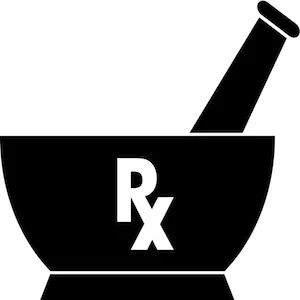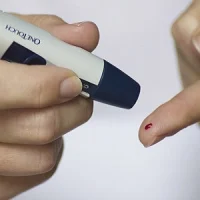For decades, physicians, pharmacists and researchers have been frustrated at patients' inability to adhere to prescriptions and stick to their medication regimens. A research published in the Annals of Internal Medicine reports that nearly twenty to thirty percent of prescriptions are never filled and almost half of all people do not following their drug instructions.
Co-author Dr. David Asch, director of the Center for Health Care Innovation at the University of Pennsylvania’s (Penn) medical school which conducted the study, told HealthManagement.org full results were not yet in. "However, preliminary data from the study suggests a big improvement in adherence when compared with other efforts involving similar patient populations," he said.
There are several reasons for non-adherence. First, people in low-income groups are often unable to bear the cost of medicines. Second, elderly people are often confused over the 14 or more prescriptions they receive each year (as reported by the FDA). Third, many have trouble understanding what their doctors want them to do. Finally, a large number of patients simply choose not to take their medications because they hate the side-effects associated with them.
Research shows that nearly $289 billion is spent annually on hospitalisations, emergency room visits and other costs because patients do not follow their drug regimens. Several solutions have been implemented to improve adherence such as free medicine but so far, results have not been promising. Non-adherence continues to remain an intractable problem in healthcare.
Researchers at Penn gave 1000 people “electronic pill bottles” when they left the hospital after heart attacks. In case the patient forgot to take his medicine, the cap would light up and beep. If the patient did not comply for a few more days, a family member or friend and the doctor would be notified. If the patient adhered to the regimen, they would become eligible to win lotteries ranging from $5 to $50 prizes.
“We designed it with the foibles of human nature in mind, not with the rational person in mind,” said Dr. Asch. “Because the rational person would have been taking their meds in the first place.”
When asked by HealthManagement.org to comment on how feasible the incentivising strategy would be, Dr. Asch said: "There is very little knowledge about how long effects last after incentives are withdrawn. However, there is another way to think about this. If a patient has high blood pressure and their doctor prescribes medication and their blood pressure becomes controlled, we don’t then ask whether the medication can then be removed to see if their blood pressure stays normal."
Dr. Asch also commented on post-intervention sustained effect. "I don’t know why we should hold these two approaches about post-intervention sustained effect to different standards. That said, it is more likely that incentives will have a sustained effect after being withdrawn than that blood pressure medications will have a sustained effect after being withdrawn."
He explained that in the study, the incentive money came from the funder of the study, in this case, the Centre for Medicare and Medicaid Services Innovation Centre. But outside of a research study, it might plausibly come from anyone who has an interest in reducing the risk of second heart attacks or other complications among these patients. "It might be a good value for health insurers, health care providers like doctors or hospitals or patients themselves to keep them on track."
Source: The Washington Post; Interview
Image Credit: Wikimedia Commons










